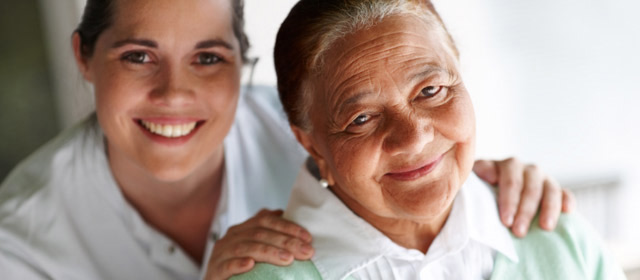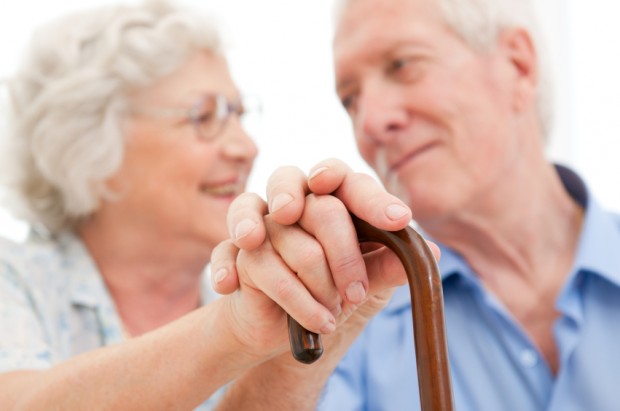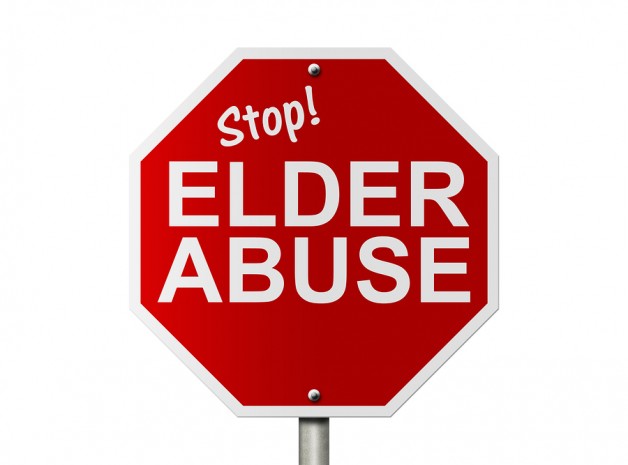Senior Driving
/From time to time a family member may become concerned about a loved ones driving abilities. Although driving ability is not necessarily determined by age and many seniors drive safely and successfully, there are changes which can affect driving ability over time. Many of these changes happen as we age and these can contribute to unsafe driving practices. Some changes can affect the ability to turn the head to check for traffic, or to brake quickly. Other changes affect the ability to respond appropriately to situations as they occur. All drivers must have the ability to react quickly to other cars and people on the road.
How dangerous is it?
Some elderly drivers are a danger to themselves and others on the road. Driving is an activity which requires many thought processes, actions and movements all happening simultaneously. It requires quick thinking and quick reactions, which for many people, diminish with age. According to the National Highway Traffic Safety Administration (NHTSA), statistics do show that older drivers are more likely than younger ones to be involved in crashes. Risk of injury or being killed in a motor vehicle accident does increases as people age. In addition, a senior who is involved in a motor vehicle crash is at greater risk of injury or death than someone younger. If you are hesitant about having the discussion about driving with your loved one, considering the possible outcome could help you overcome your hesitation.
How do you know when the time has come?
There are warning signs to look for if you are concerned about a family members driving or even your own. We have put together a "Senior Driving Checklist" for you to print and fill out. When you notice some of these warning signs it is time to assess the situation. Don't wait for an accident to happen. You can also take a look at the other resources we have listed.
How to talk with your loved one about driving
First of all, do not assume that one discussion will be all that is needed. This is a delicate situation which may require many conversations. You must be respectful of their right to make choices.
Secondly, don’t come on too strong or as a “know it all”, be considerate of their thoughts and feelings, and let them have a say. If your loved one has Alzheimer’s disease or dementia they may be unaware of the changes in their abilities and capabilities. When someone is unaware of the changes, this can result in great reluctance on their part of giving up the ability to drive. They may see this as a great loss of their independence and can be quite traumatic for some people. It is important to consider the person’s feelings.
Ask them questions. Lead the conversation with questions to get them talking. This may help them to see the need to give up driving. Ask them “How have you felt recently when driving or after driving?”, “Have you gotten confused at all recently when driving?”, “Can you tell me about the new dents on your vehicle?” It may even be possible for you both to fill out the “Senior Driving Checklist” together.
What if they are reluctant to give up driving?
Many seniors are reluctant to give up driving because they fear the loss of their independence. In this situation, rather than just taking their keys, a road test would be a good consideration. In some states, the local Department of Motor Vehicles offers testing to determine a person’s abilities when driving and responding to situations when on the road and in traffic. They can also test for vision and distance perception. If your state does not offer this service, there are companies which offer this service. The Alzheimer’s Association or other similar agency may be able to provide a list of resources. Some places offer a Mature Drivers course, if your loved one is reluctant to take the course, remind them that their insurance and their roadside assistance may offer a discount for taking it.
What if they refuse to give up driving?
- If at all possible it is always best to get your loved one to agree to give up driving voluntarily. The loss of the independence can be traumatic and can lead to depression, having that right taken from them can be even more traumatic. Be prepared for this ahead of time. Sometimes however, they simply refuse to do so voluntarily. Then comes to the difficult decision, for their safety and the safety of others, to take drastic measures.
- Involve their physician: Schedule an appointment with your loved one and their physician so you can discuss the situation together, seniors often will listen to and respect the opinion of their physician. If you do go to talk to the doctor, bring alone a copy of the “Senior Driving Checklist” filled out. Sometimes the loss of driving ability is a process and the doctor may recommend some first steps such as the agreement to not drive after dark. Discuss these options together.
- Involve their optometrist/ophthalmologist: as stated above, seniors will often respect their opinion.
- Involve the State Department of Motor Vehicles (DMV): In some states, it might be best to alert the department of motor vehicles. The caregiver can often meet with a representative and request a driving test and vision examination, some states do not honor this request. In some states you can write a letter directly to the DMV and express your concerns, or request that the person’s license be revoked. The letter should state that “(the person’s full name) is a hazard on the road,” and offer the reason (Alzheimer’s disease). The state may require a statement from your physician that certifies the person is no longer able to drive. Research your state or talk to a physician who may be able to guide you. Contact your local DMV to find out their recommendation on how to proceed.
- Control access to the keys: designate one person to do all the driving and give them exclusive access to the car keys.
- Disable the car in some way: Discuss this with a mechanic.
- Give the person a set of keys that looks like his or her old set, but that don’t work to start the car.
- Consider selling the car: Discuss with your loved one the potential financial savings which comes with selling the car. There could potentially be enough savings to pay for any public transportation or even taxi rides. There would be savings on insurance, vehicle payments, gas, maintenance, etc.
If you have increasing concern about your loved one’s driving, the above information should give you some ideas for how to begin the conversation. If you are in our area and need transportation services, feel free to call us to discuss some options for your family.
Additional Resources:
- Drivers 65 Plus: Check Your Performance A Self-Rating Tool with Facts and Suggestions for Safe Driving https://www.aaafoundation.org/sites/default/files/driver65.pdf
- How to Help an Older Driver: A guide for planning safe transportation by AAA
- We Need to Talk: family conversations with older drivers by The Hartford Group











